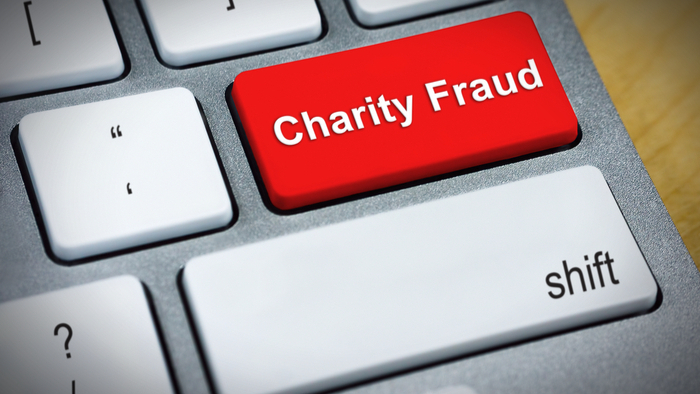Charity scammers may ask for donations in person, by mail, on the phone, or through the online world. They may ask for donations for an individual or an organization. Their site or printed materials may even look genuine.
Common charity scams
IRS scams
Many times charity fake persons say the job for the IRS. They say they are supporting disaster victims for tax relief. Do not be scammed! The IRS has a special number that tragedy victims can call to obtain free tax help.
Social media and crowdfunding scams
Charity fake persons generally use social media like YouTube, Instagram or Facebook as well as crowdfunding websites to request for your donations. Crowdfunding sites get little amounts of money from a big number of people. You may view a link you can click to donate to a fundraiser for someone in need. The donation page may even have images of genuine people. But the cash you offer to charity fake persons never reaches the genuine people in need. And the scammers now have your cash and your personal information. Be careful! Do not click on attachments or links or share them with your friends unless you know that the charity is real.
Holiday scams
People generally donate around the holidays, and scammers take benefit of that. They force you to give because it is the holiday season. They may thank you for a donation you offer them in the past, even if you do not remember doing it. Remember: genuine charities will accept donations all year.
Police, fire-fighter, and military scams
Scammers may say they are taking donations for your domestic veterans, police and fire fighters. Scammers may even say they are sending care packages to service members. Do not just give! Instead, call your domestic fire department or police and ask them if someone is collecting cash for them.
How to avoid charity scams call
Know where your money is going Report Spam Texts. Lots of charities hire fundraising companies or other groups to help them raise cash. While that it is not necessarily a scam, it is vital to realize that part of your donation will likely be used for administration or other costs. Before giving, research how much of your donation will go straight to the charity. If you have any issues you can put number in Callmsg and Report Spam Calls and charity publicly.
Ask about registration
A charity that is requesting for payments must be sign up with secretary of state. If the company is tax-exempt through the IRS, it should be capable to give you its Employer Identification Number. Check the IRS site if the charity is truly registered. Be alert, sometimes even scammers may be registered.
Document your donations
Forever write down when you donated, who you offered money, and how much cash you gave. Writing down your donations will support you be on the lookout for scams.
Research
Forever search a group before giving them cash. Search for them through internet.
